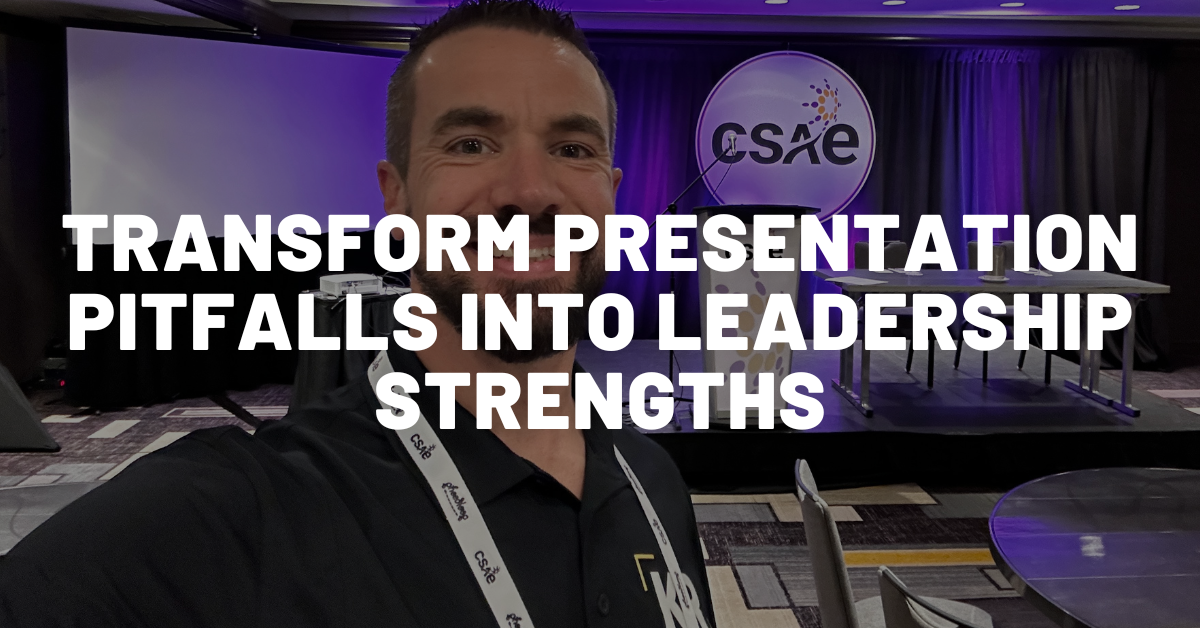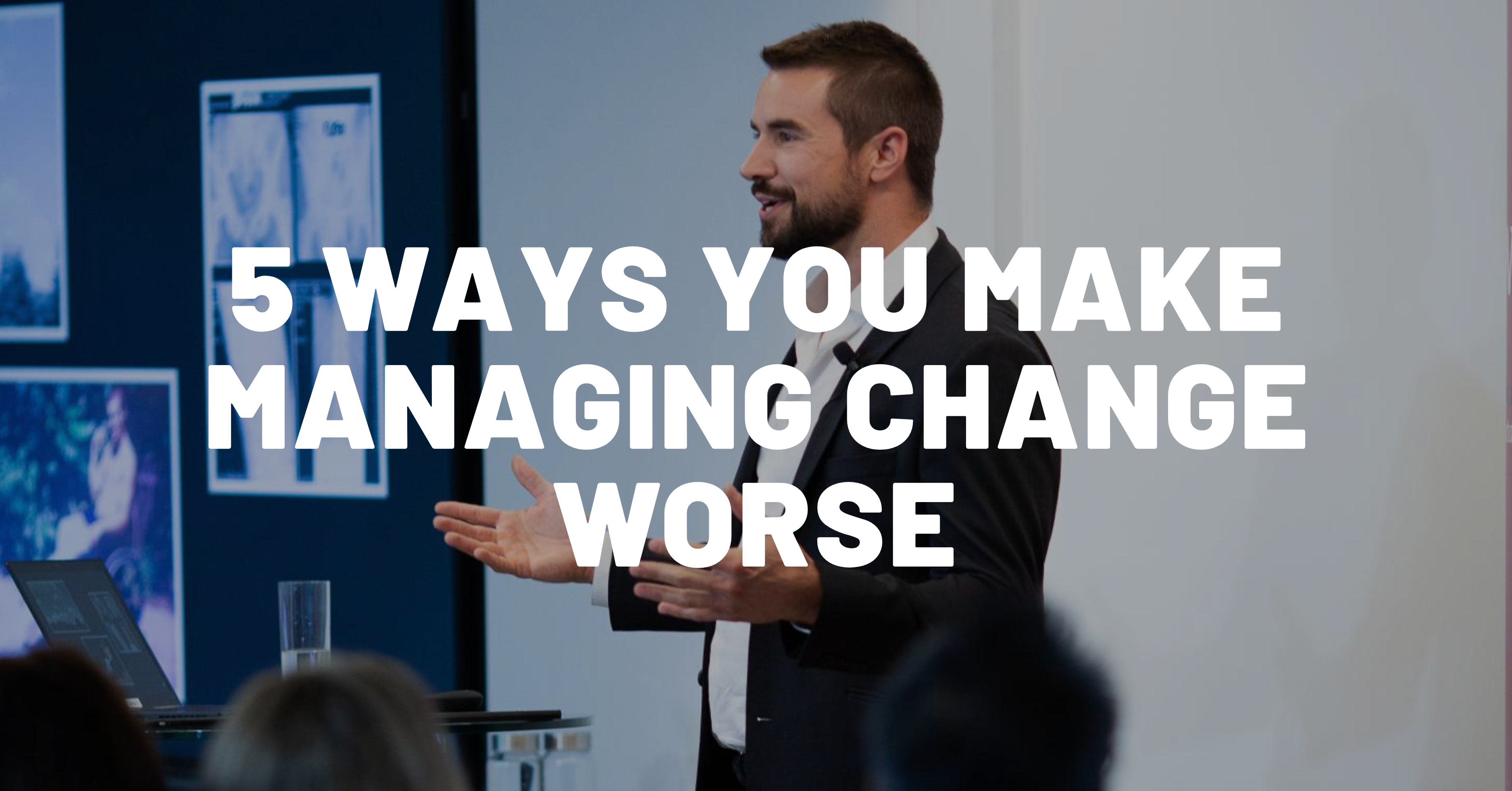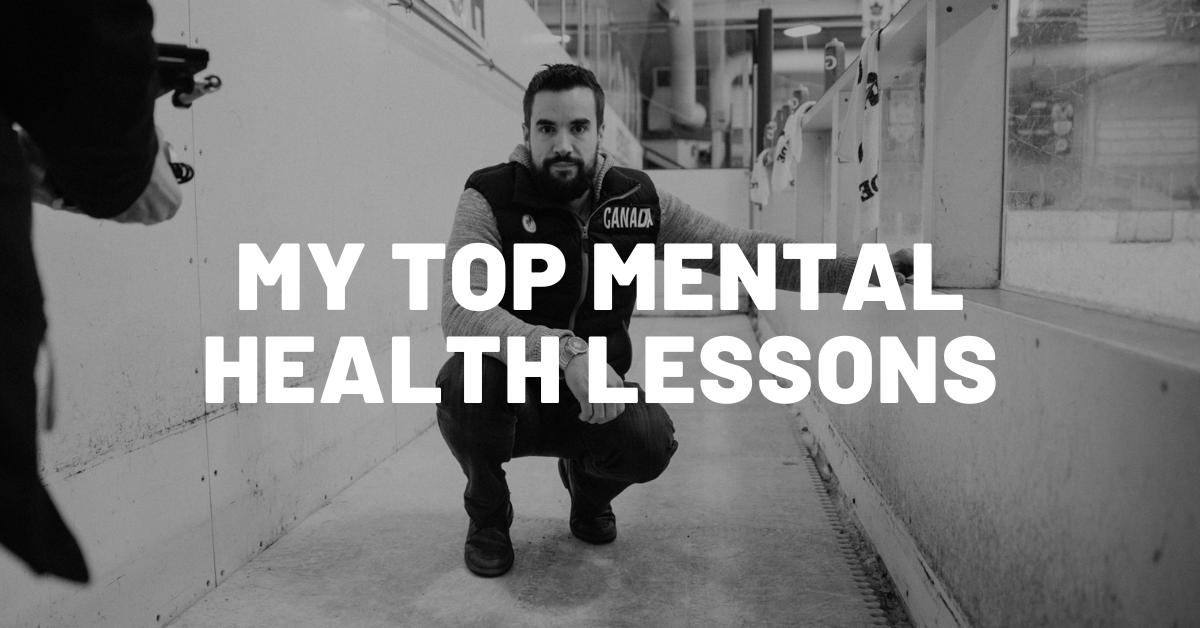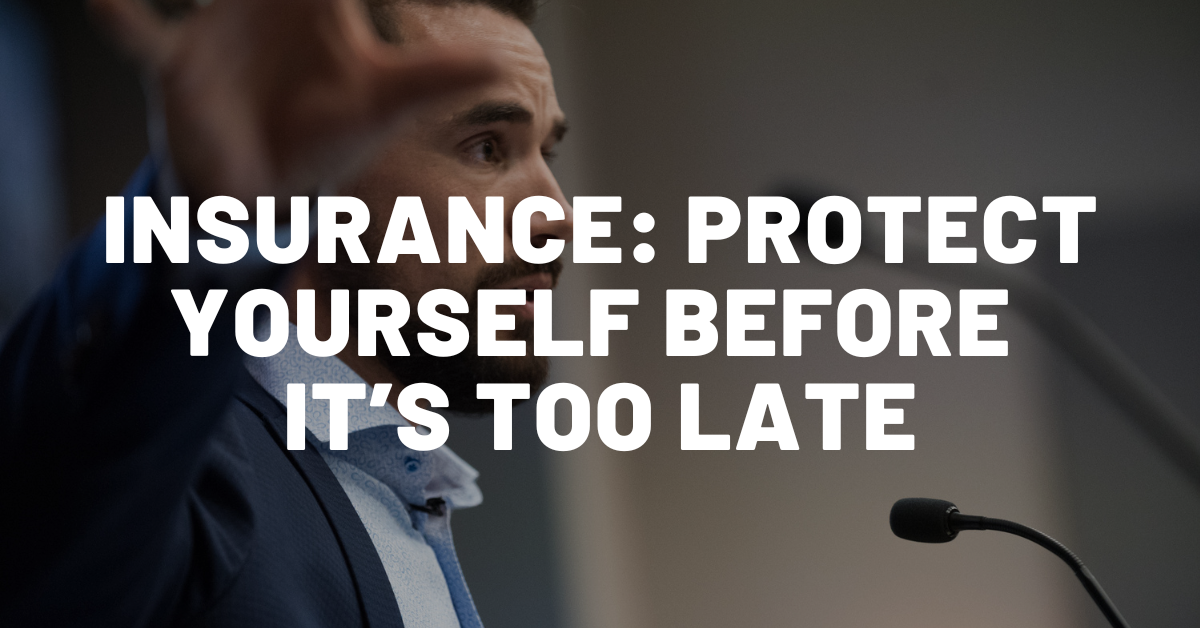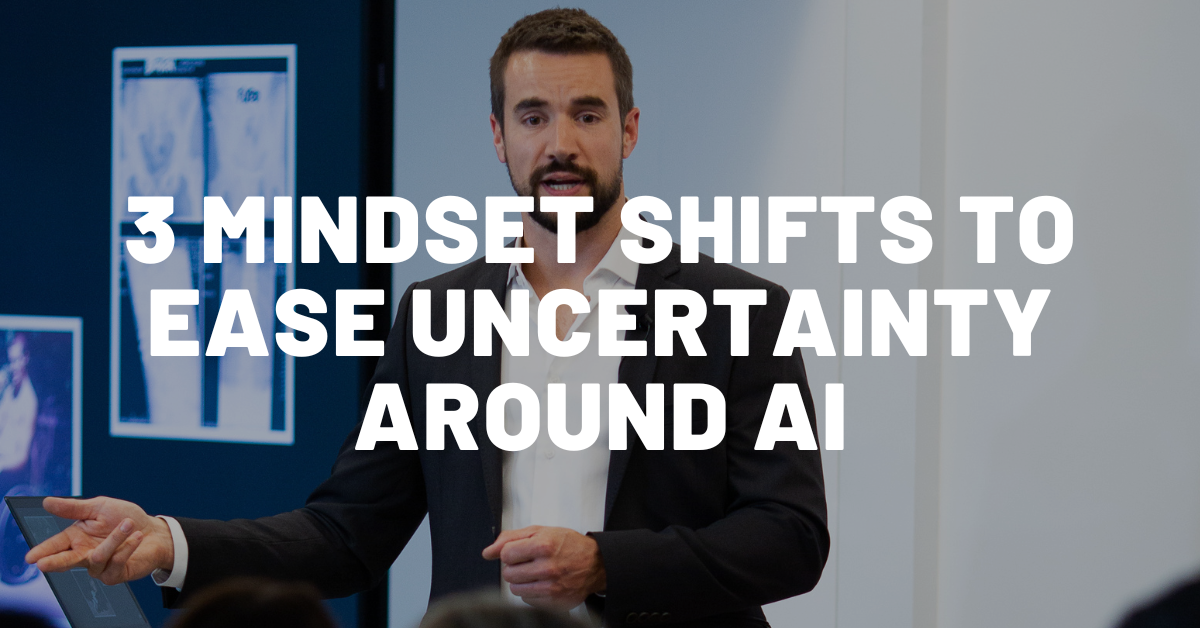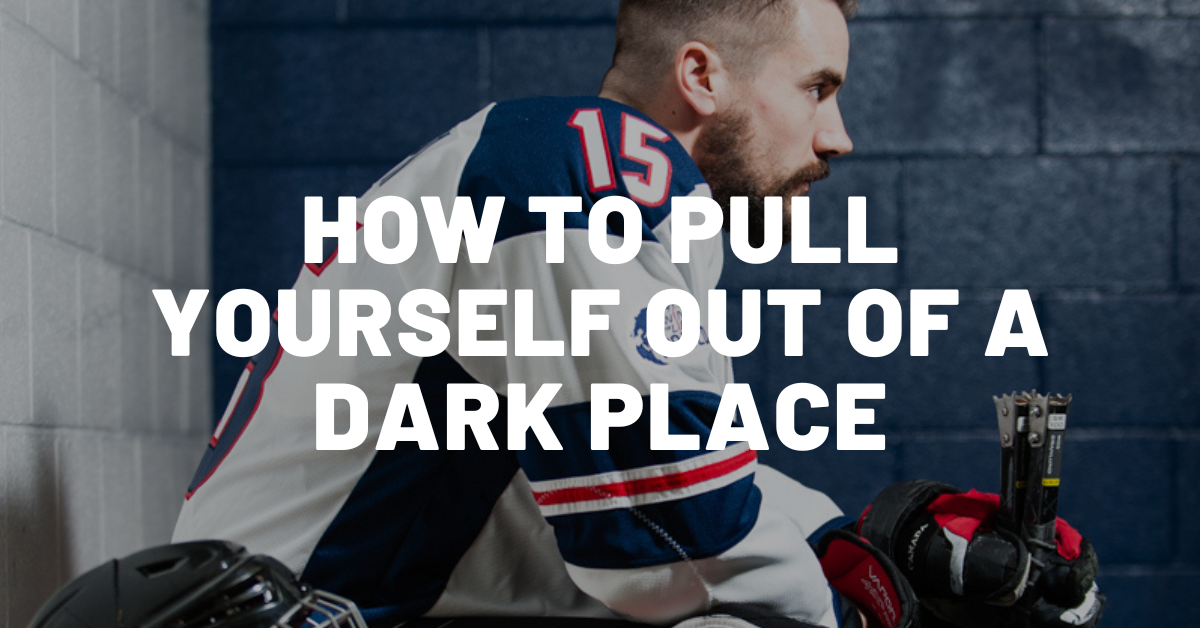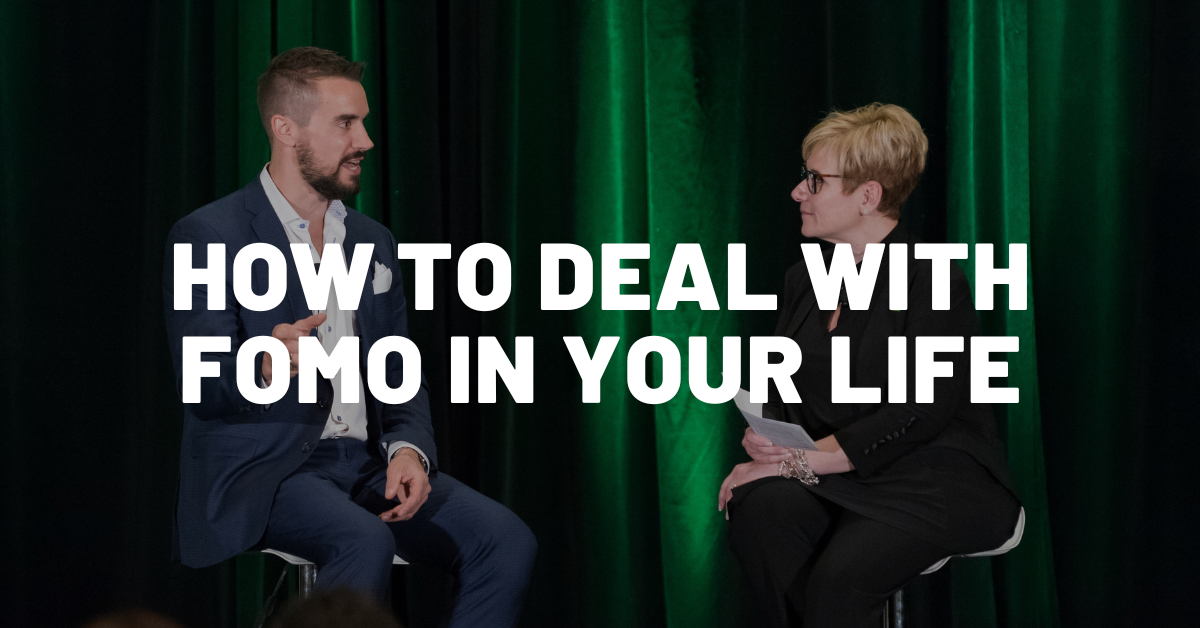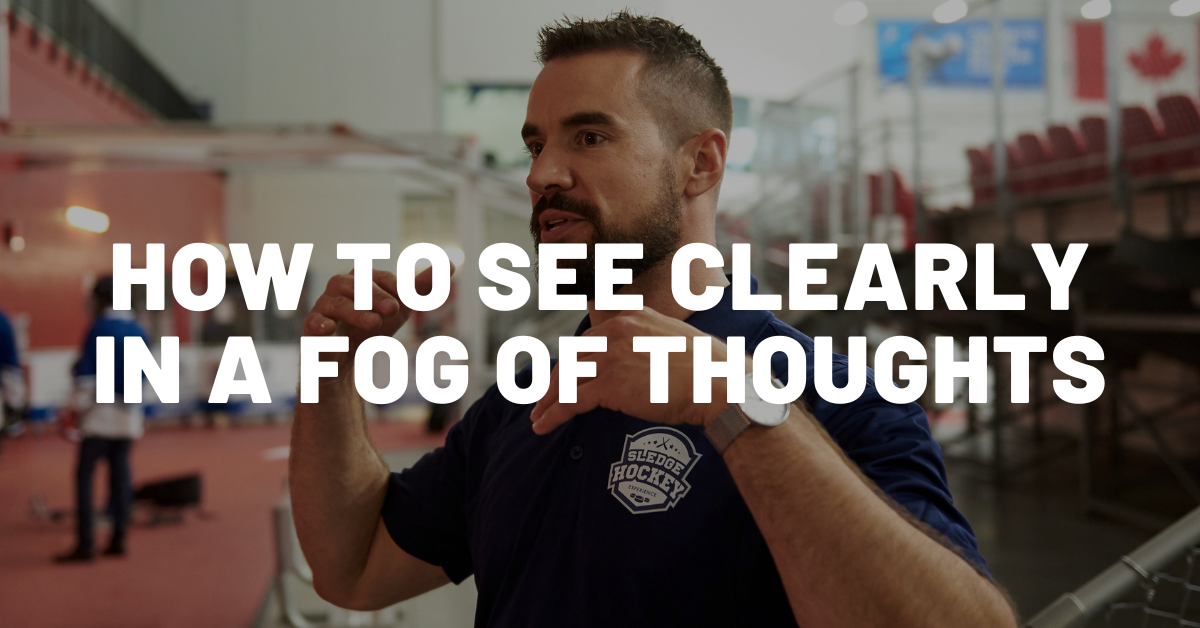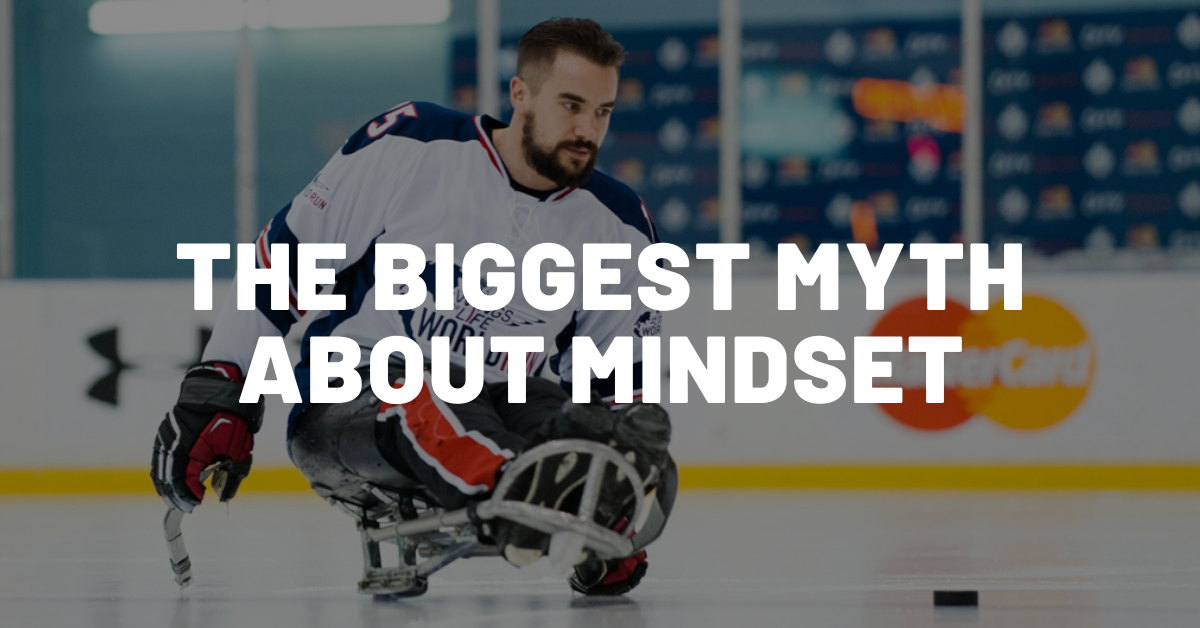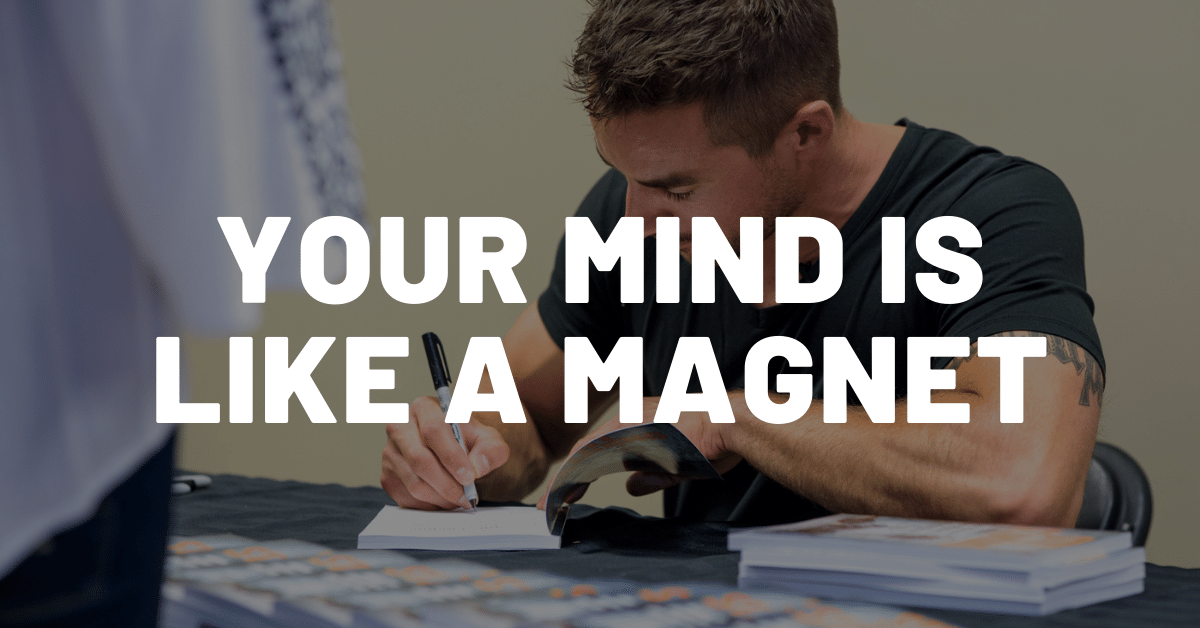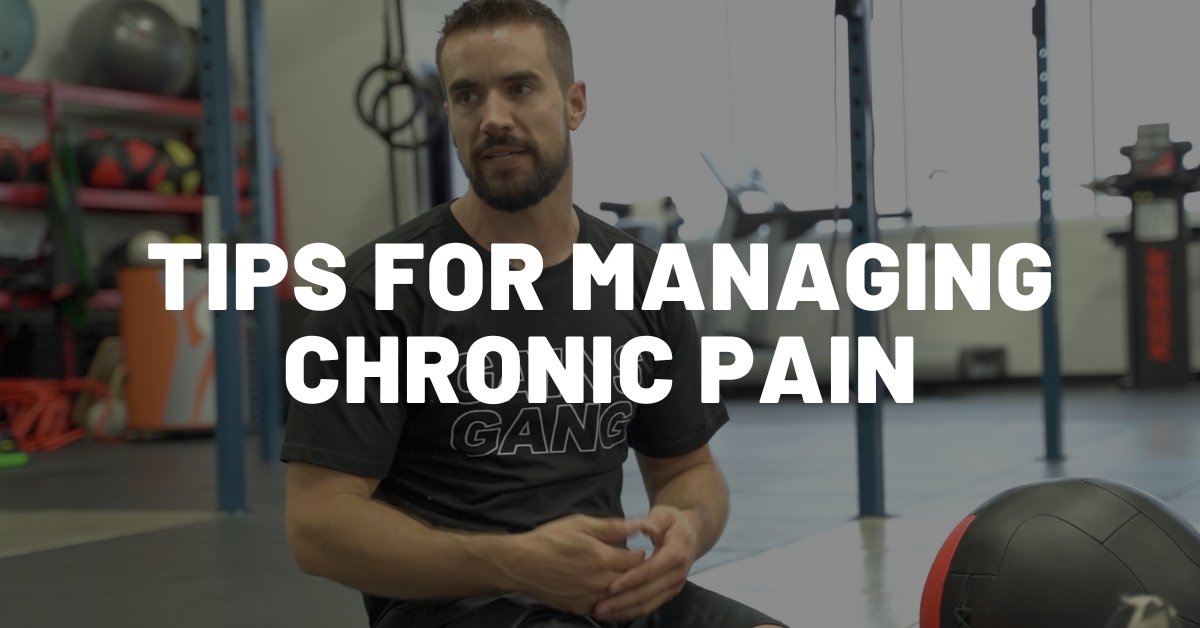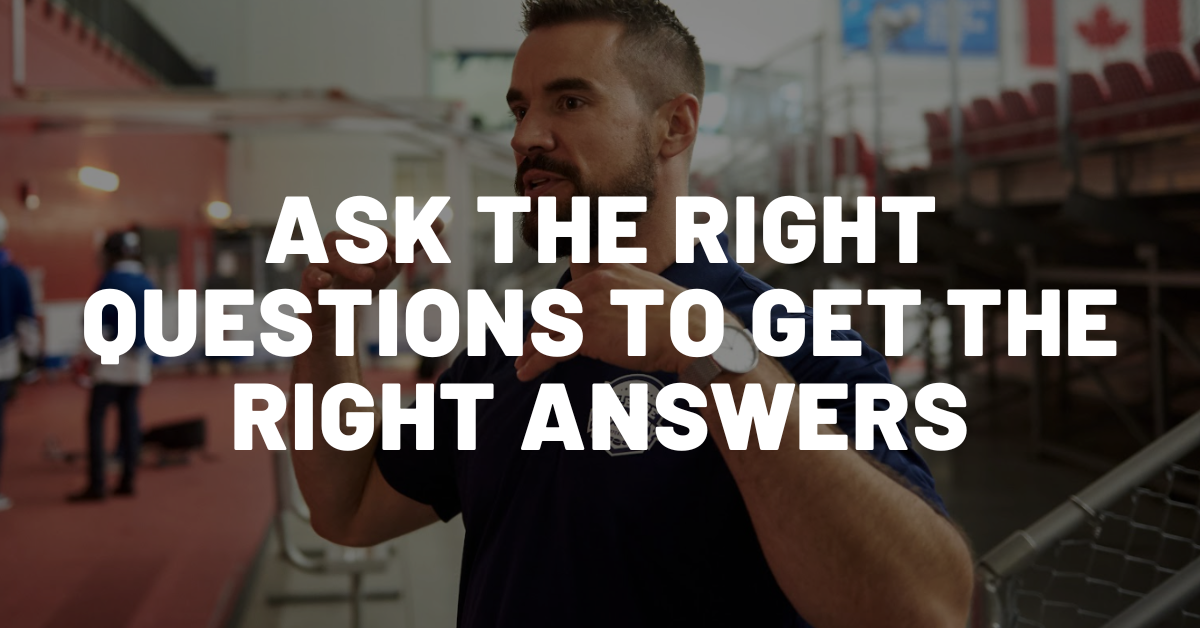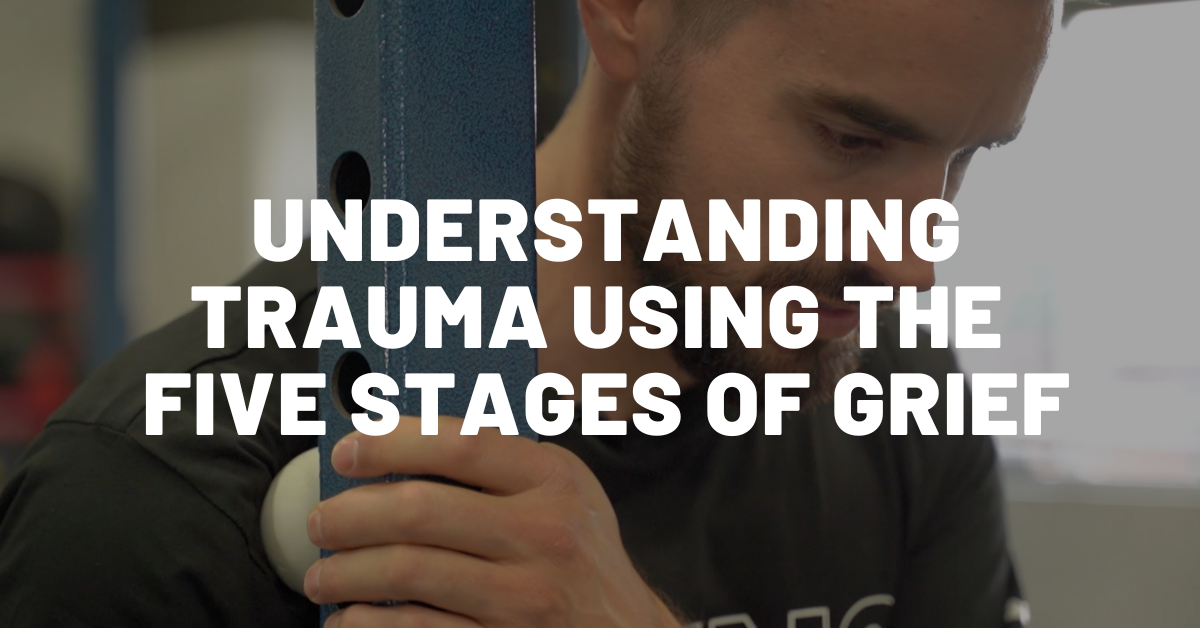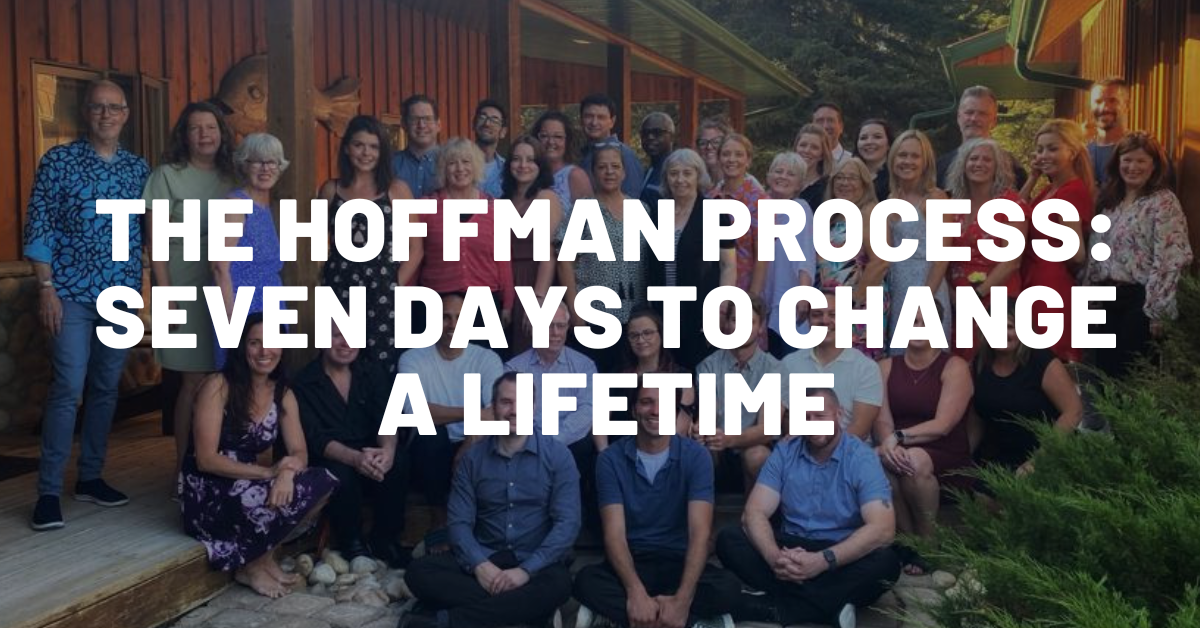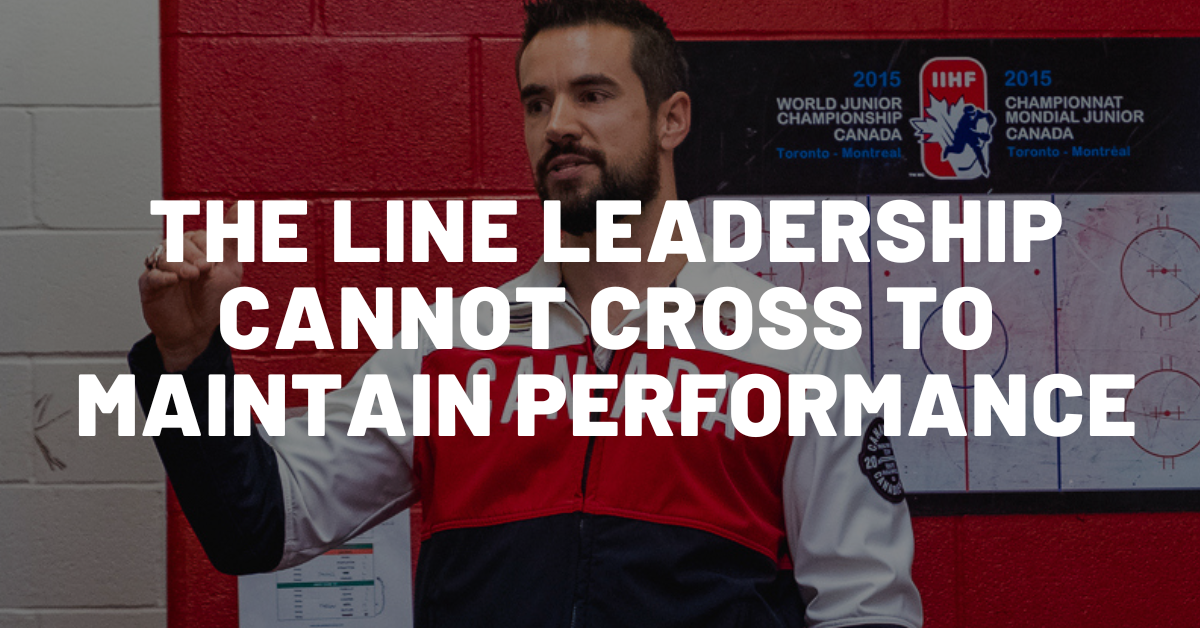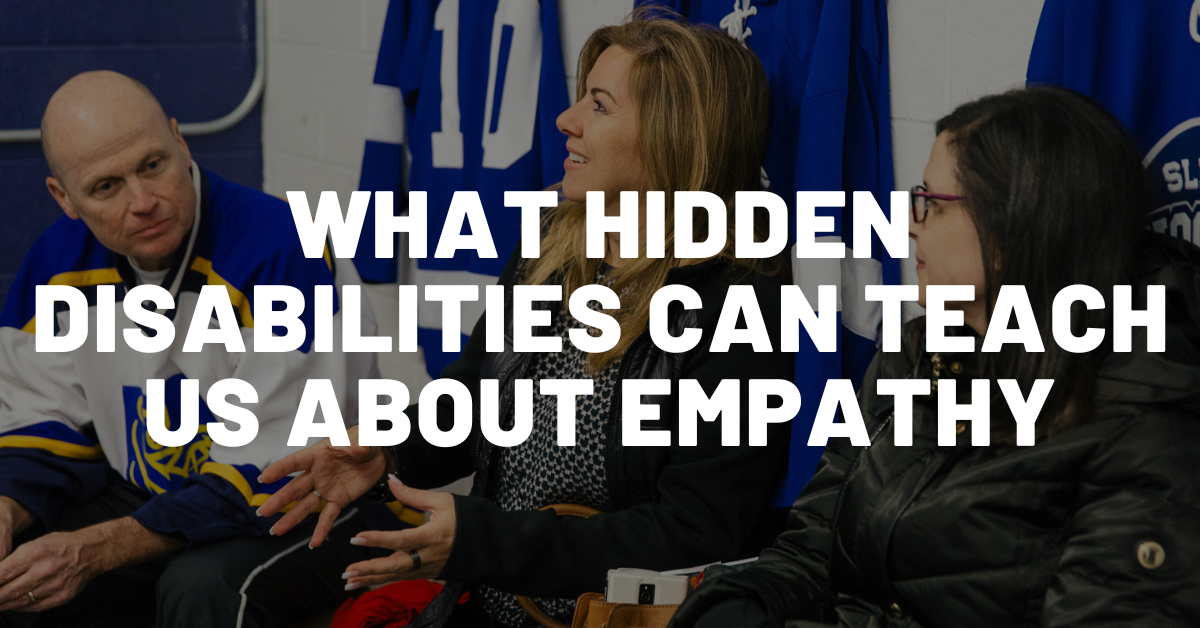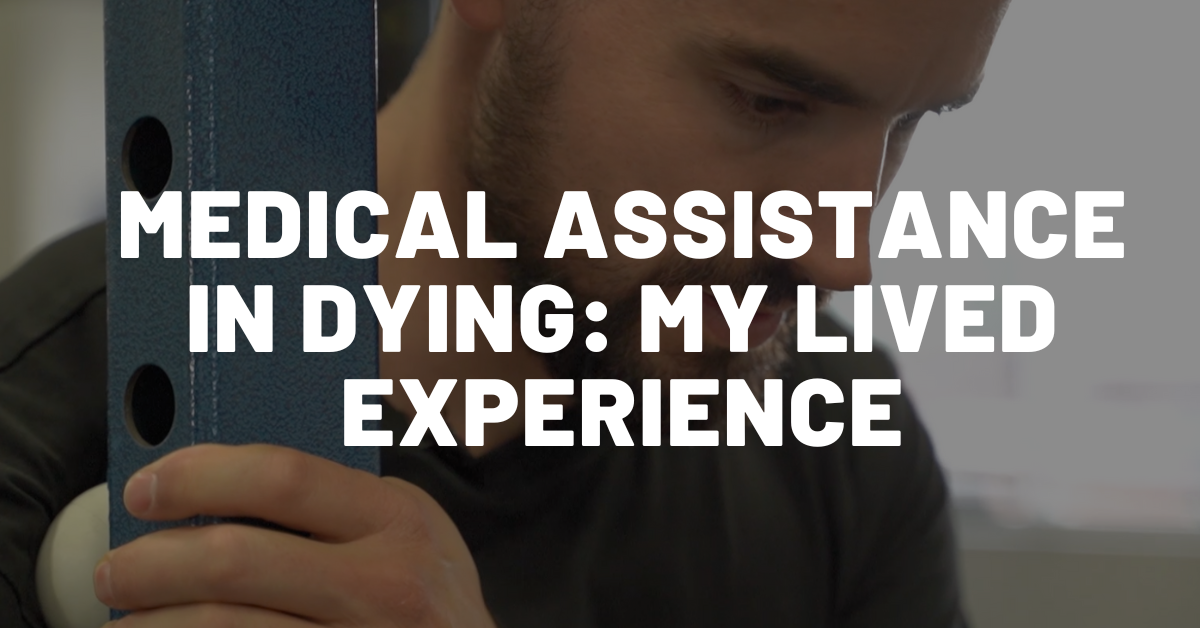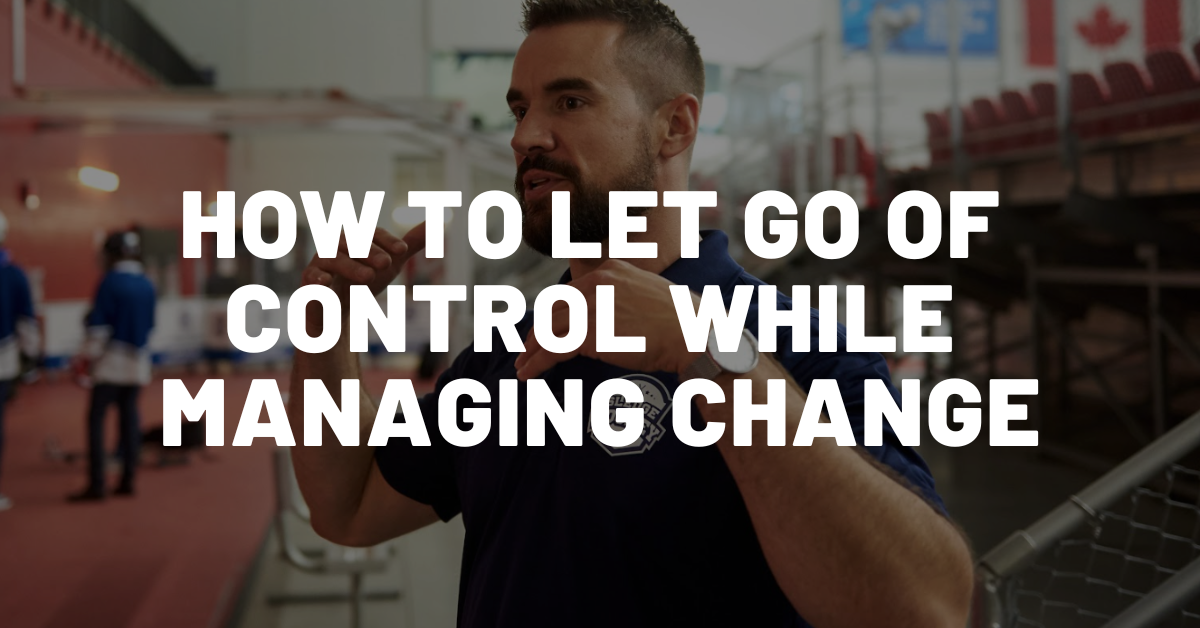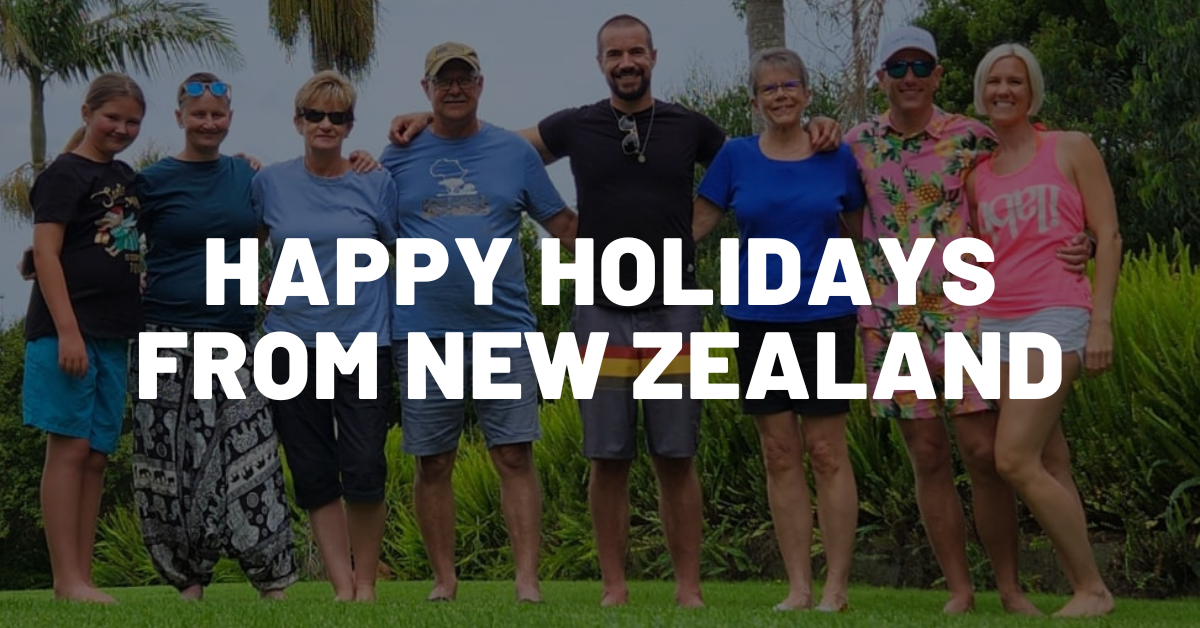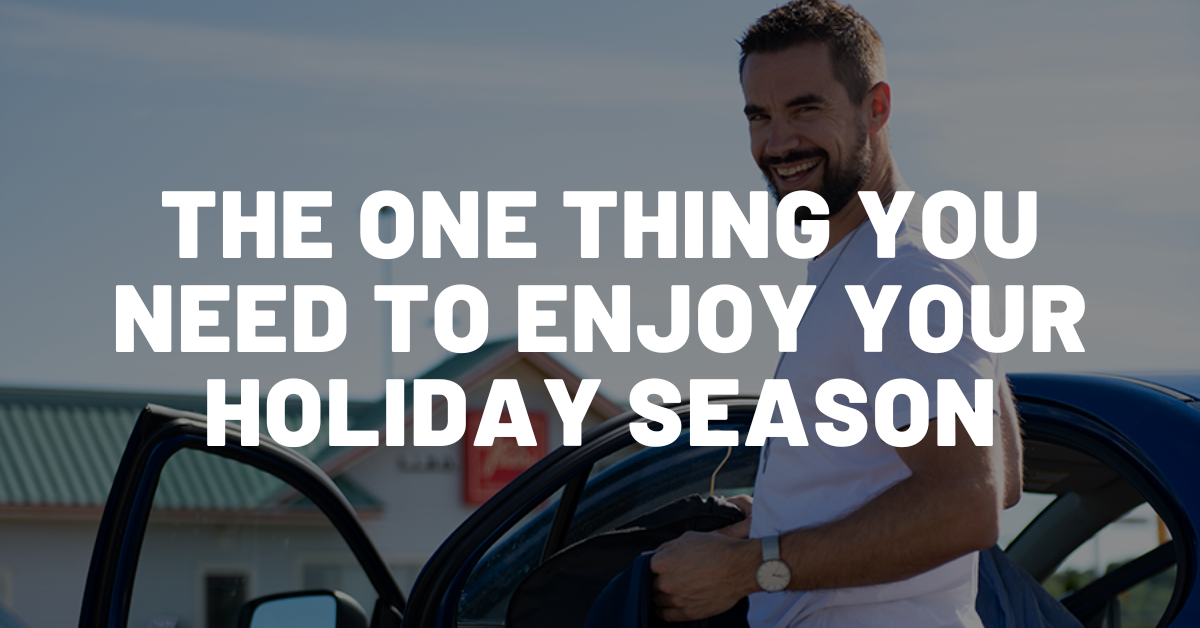While first responders focus on others, they often neglect their own wellbeing. Read how heroes can become the hero of their own movie.
(Note: Some details below may be triggering for some individuals.)
Last week I read this article which stated that there are more first responder deaths by suicide than there are from those who died in the line of duty.
That is staggering to hear.
I have the pleasure of being friends with several police officers. The stories they share sometimes about their experiences can be unfathomable. They see the worst of the worst and have to go home, pretend everything is ok, and live with those memories.
When I spoke for the Ontario Provincial Police in Collingwood in 2016 for their Mental Health Symposium, it was heavy listening to other stories. One of the other speakers was Dr. Bobby Smith, a Louisiana State Trooper who was shot in the face and blinded in the line of duty.
Bobby referenced a hunting story where there was the smell of “dead ducks” in someone’s household, referring to a friend who never aired out their hunting gear and the smell would continue to grow and linger. It wasn’t until Bobby came over and pointed out the smell was it brought to his friend’s attention.
As Bobby was a first responder himself, he continued to speak about the “dead ducks” that so many carry around because they don’t deal with the smell in the household (or trauma in your mind) that continues to build as you try to ignore a problem. It just grows and grows until it becomes part of your life and you don’t even know that the problem is there.
The message I remember from hearing Bobby speak was that too many first responders are carrying around “dead ducks” that they need to air out, before it’s too late.
Bobby unfortunately passed away on October 2nd, 2016, however, that is a story I will never forget.
First responders see the worst of the worst. According to this article on CBC, the latest reports show that one in four paramedics in Canada will develop PTSD in the course of their careers, and the suicide rates amongst paramedics are five times the national average.
Have you ever stopped to ask yourself:
“You spend so much time trying to be the hero in someone else’s movie, when was the last time you were the hero of your own movie?”.
If you saw someone else suffering, what advice would you give to someone in your situation?
What does self care look like — for you?
When was the last time you dropped everything to help yourself?
It’s important that you begin to look at your own life with as much urgency when you are suffering as you do for others.
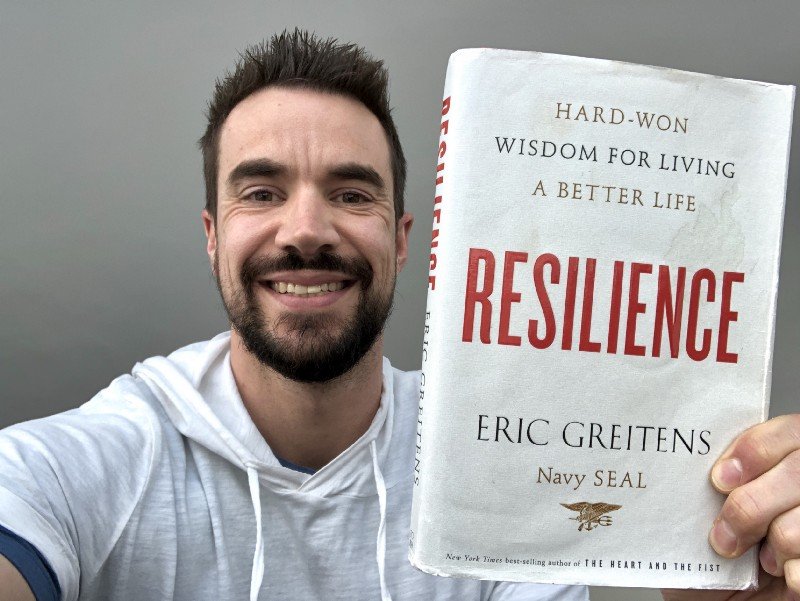
Every single first responder in this entire world needs to read the book RESILIENCE by Eric Gretiens. Although this book is about two Navy Seals, I can’t stress enough about how much this book will relate to you.
After serving, Walker suffers from PTSD, becomes an alcoholic, gets in bar fights, thrown in jail, and loses his relationship with his wife, and is desperate. As the book chronicles letters the two of them write back and forth to each other, Eric reminds Walker that there was once a day when they were on the battlefield fighting enemies with weapons, but today that battlefield they are on is that which is in their mind.
The enemy they are now facing is the enemy within, and they have to choose to have the courage to fight everyday despite how challenging times might feel.
You did this your entire career. You can do it again now.
I can speak to that from my own experience I wrote about in my autobiography, Still Standing. After my dad committed suicide in the basement of our home in 2007, I had to clean up the mess.
Literally.
I wiped the walls down, cut out the blood stained carpet, cleaned off the portable phone, and then put his wheelchair in the storage room until we later gave it away.
I had no symptoms for a year until I was on Percocet for back pain, and within a two week period I went from a pretty much normal as normal life could be — to suicidal.
I kept saying to myself “Dad did it, so why don’t you do it too? Nobody would blame you. DOOOOO IT!!!!!!”.
The voices were screaming inside my head, but, in that moment there was another voice which said
“You don’t want that to be the last chapter to your life, and just because dad did it, doesn’t mean that you have to too. Don’t allow dad to start a tradition that you don’t want to continue.”
And I put the knife down.
One thing that I have learned by reading the book “Resilience”, by living my own life, and by speaking to other first responders who do find healthy ways to cope with the challenges they face in their job, is that being the hero of your own movie is about recognizing when you need help and having the courage to ask for it.
(Click here to learn more about How To Ask For Help When You’re Depressed and Struggling)
Being the hero of your own movie means admitting that some days the job may have gotten the best of you, and you are the one that needs support.
The hero moment for you may not be a car chase, a gun fight, burning buildings, or crying babies. The hero moment for you might be alone in the bathroom, in your car, down an alleyway, by the water, on the edge and ready to end it all… and it’s in that moment that you say to yourself,
“I’m not done yet. I have more fight left in me. This is what other people choose to do BUT NOT ME! I don’t do these things. I am here on this earth to help these people who are struggling, and if I want to be someone that helps other people get their lives back together, I need to be the one first who chooses to get my life back together. I will ask for help, and I will not be afraid to admit that I need help.”
We are all human.
When you look up the definition of a hero in the dictionary, a hero is defined as a person who is admired or idealized for courage, outstanding achievements, or noble qualities.
In no place does it mention your career, accolades, awards, gender, ethnicity, geographical location, background, race, religion, or how many followers you have on Instagram. All it mentions is the same qualities that exist in all of us despite those facts.
You don’t need to be a Paralympic athlete like me. You don’t need to be a paramedic, an officer, firefighter, nurse, or a doctor to suffer, or to be a hero. All you need to be is human.
Be The Hero of Your Own Movie and ask for help before it gets too late. I promise you that your family, friends, and fellow first responders will thank you for it.
—
Enjoyed this article? Here are three others to help you succeed:
What to do when nothing is going right
Life Doesn’t Give You What You Want, Life Gives You What You Need
These Words Saved Me From Suicide
—
Download your FREE copy of my autobiography, Still Standing: When You Have Every Reason to Give Up, Keep Going here.

